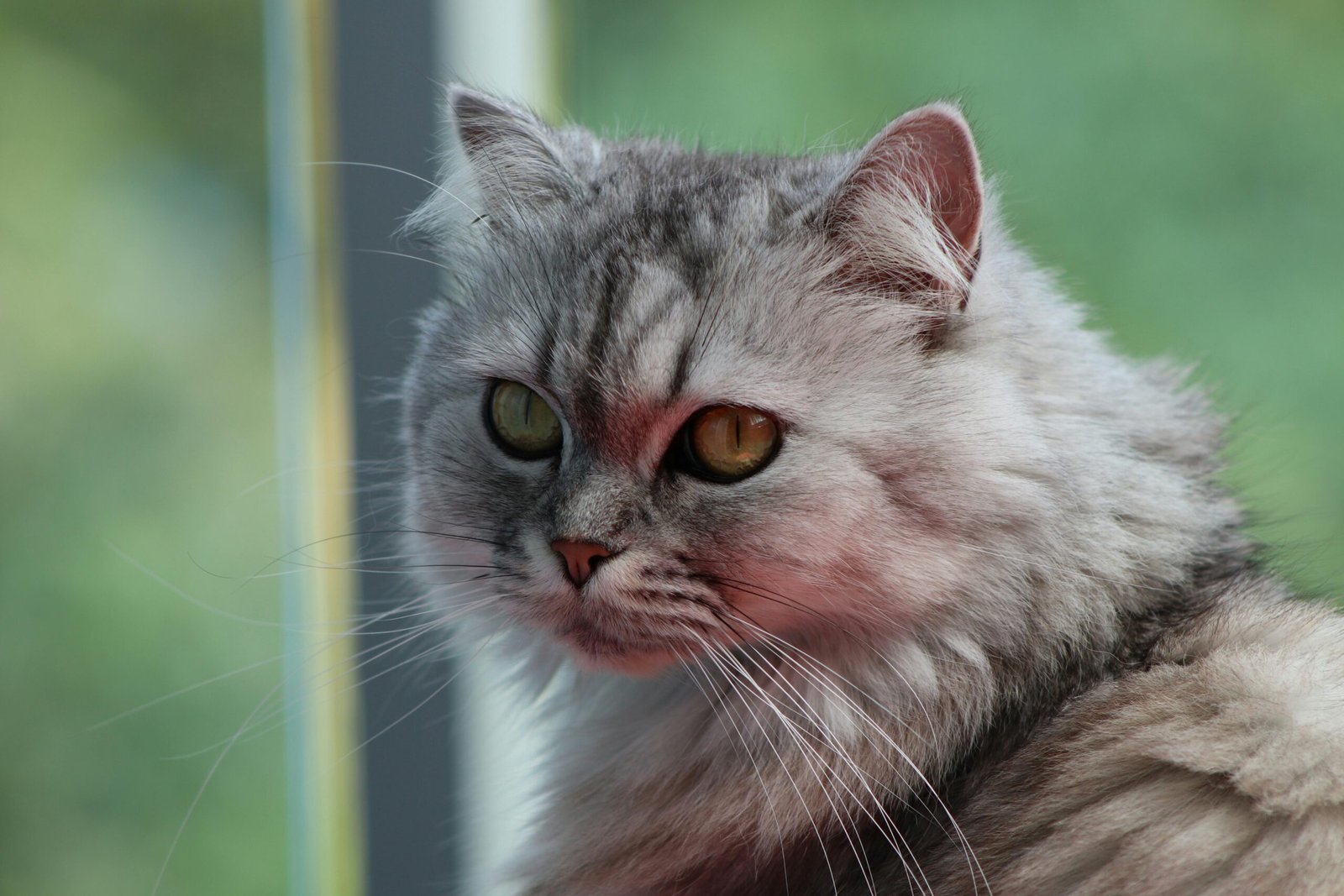Persian cats, with their luxurious long coats, expressive eyes, and gentle demeanor, are among the most beloved and iconic cat breeds in the world. Renowned for their beauty and affectionate nature, Persian cats have captured the hearts of cat enthusiasts for centuries. In this comprehensive guide, we delve into the captivating world of Persian cats, exploring their characteristics, origin, lifestyle, personality, lifespan, grooming needs, dietary habits, and guidelines for care.
If you need vet appointment through us, please scroll to the bottom and fill up the form!
Characteristics:
Persian cats are known for their distinctive appearance, characterized by their long, flowing coats, round faces, short noses, and large, expressive eyes. They come in a variety of colors and patterns, including solid, bi-color, tabby, and Himalayan. Persian cats have a graceful and elegant demeanor, with a gentle and affectionate disposition that endears them to their human companions.
Origin:
The origins of Persian cats can be traced back to ancient Persia (modern-day Iran), where they were revered as symbols of grace, beauty, and luxury. Persian cats were introduced to Europe in the 17th century and quickly gained popularity among royalty and aristocrats. Today, Persian cats are cherished around the world for their stunning appearance and sweet temperament.
Lifestyle:
Persian cats are well-suited to indoor living and prefer a calm and serene environment. They enjoy spending their days lounging in sunny spots, grooming their luxurious coats, and receiving affection from their human companions. Persian cats are not particularly active or playful and prefer a quiet and predictable routine.
Personality:
Persian cats are known for their calm, gentle, and affectionate personalities. They are devoted companions who form strong bonds with their owners and enjoy being part of the family. Persian cats are typically laid-back and easygoing, making them ideal pets for families, singles, and seniors alike. They are also known for their quiet and melodious voices, which they use to communicate with their human companions.
Lifespan:
On average, Persian cats have a lifespan of 12 to 15 years. With proper care, nutrition, and regular veterinary check-ups, many Persian cats live well into their teens and beyond.
Facts:
- Persian cats are one of the oldest known cat breeds, with a history dating back over 2,000 years.
- They are often referred to as “furniture with fur” due to their love of lounging and relaxing.
- Persian cats require regular grooming to keep their long coats free of mats and tangles.
- Persian cats have a sweet and affectionate disposition and enjoy spending time with their human companions.
- They are known for their laid-back and easygoing temperament, making them well-suited to indoor living.
Grooming:
Persian cats have long, flowing coats that require regular grooming to keep them looking their best. Daily brushing with a wide-toothed comb or slicker brush will help prevent mats and tangles from forming and remove loose hair. Additionally, regular nail trimming, ear cleaning, and dental care are essential parts of maintaining your Persian cat’s overall health and well-being.
Food Habit and Preferences:
Persian cats have hearty appetites and enjoy a balanced diet that provides them with essential nutrients and vitamins. High-quality commercial cat food formulated for their age, size, and activity level is recommended. Persian cats may have specific dietary preferences, so it’s essential to offer a variety of wet and dry food options to keep them satisfied.
Guidelines for Care:
- Provide plenty of mental stimulation and interactive play to keep your Persian cat mentally and physically engaged.
- Create a safe and stimulating environment with plenty of toys, scratching posts, and cozy spots for lounging.
- Maintain regular veterinary check-ups to monitor your Persian cat’s health and address any medical concerns promptly.
- Ensure your Persian cat has access to fresh water at all times and feed them a balanced diet tailored to their nutritional needs.
- Socialize your Persian cat from a young age to help them develop into well-adjusted and confident companions.
- Spend quality time bonding with your Persian cat through grooming, playtime, and affectionate cuddles to strengthen your bond and enhance their overall well-being.
In conclusion, Persian cats are cherished for their exquisite beauty, sweet temperament, and loving nature. By understanding their unique characteristics, origin, lifestyle, personality, lifespan, grooming needs, dietary habits, and guidelines for care, you can provide your Persian cat with the love, attention, and care they deserve, ensuring a happy and fulfilling life together.

